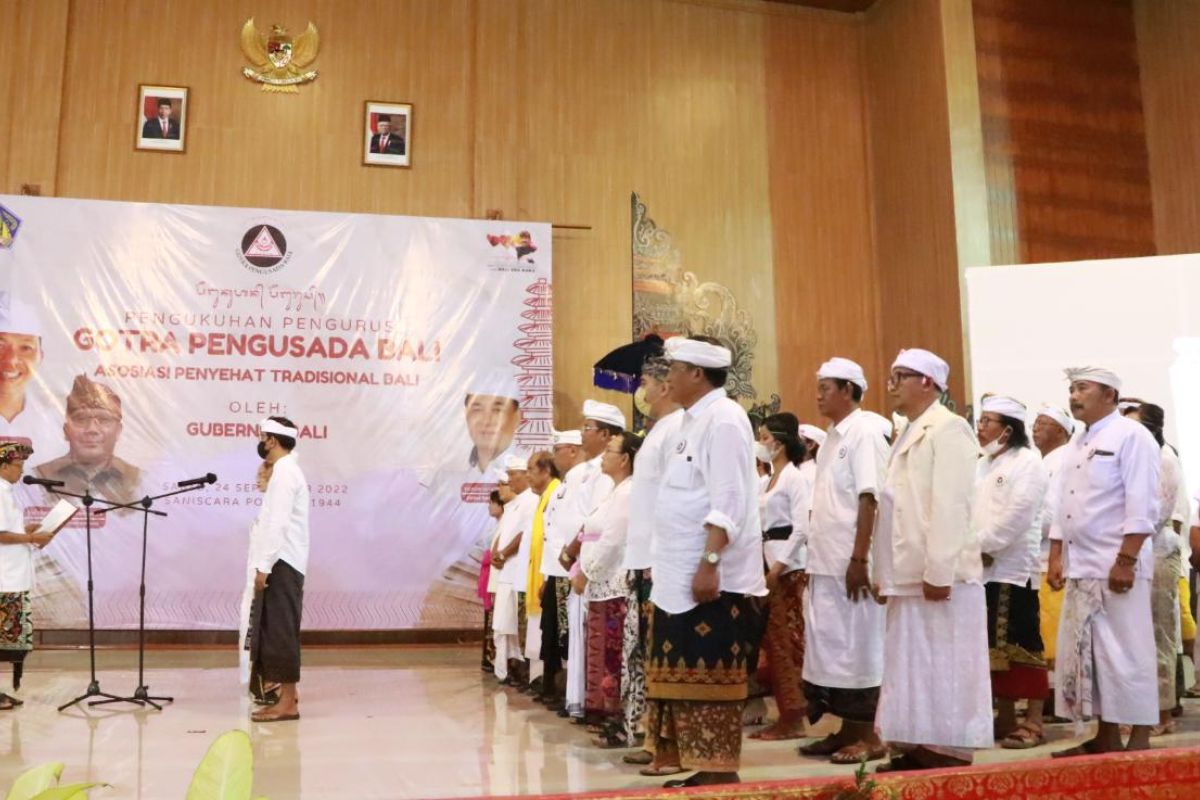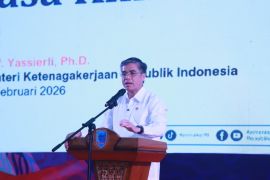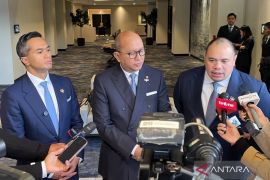"With a note, the practice of (traditional health services) should not be carried out carelessly, but there must be a code of ethics by standardizing and testing its competence. After passing the test, a certificate can be issued for the legality of the practice," he said while inaugurating the management of Gotra Pangusada, a Balinese Traditional Healers Association on Sunday.
Koster stated that the management should maintain the heritage of usada manuscript that contains traditional medicines by utilizing Bali's natural, human, and cultural resources, to revive traditional Balinese health treatments.
"Based on research and information contained in various manuscripts, it is stated that Balinese people have class, evidenced by the expertise in traditional medicine," the governor revealed.
Thus, Koster asked the management of Gotra Pangusada to collaborate with academicians to conduct data collection and research on plants that thrive on the island.
Related news: Herbal medicine becomes focus of world researchers: Ministry
According to him, around three thousand plants in Bali can be used as medicines. He explained, the research results can be used to educate the communities, therefore, medicinal plants can become a source of livelihood and economy for Balinese people.
If medicinal plants can be optimally developed into efficacious drugs, Koster is optimistic that Bali will no longer depend on resources from outside and will economically be independent because of the herbal industry.
He said Bali can even compete with China if the herbal industry is seriously developed.
"I will continue to encourage this potential to become a pride and economic strength, such as the Balinese Arrack (alcoholic drink) and Balinese traditional salt which have entered the traditional market, modern market, export market, and even bought by restaurants and hotels in Bali," he said.
Related news: Strengthening evidence-based herbal medicine
Translator: Muliantari, Kenzu T
Editor: Rahmad Nasution
Copyright © ANTARA 2022












